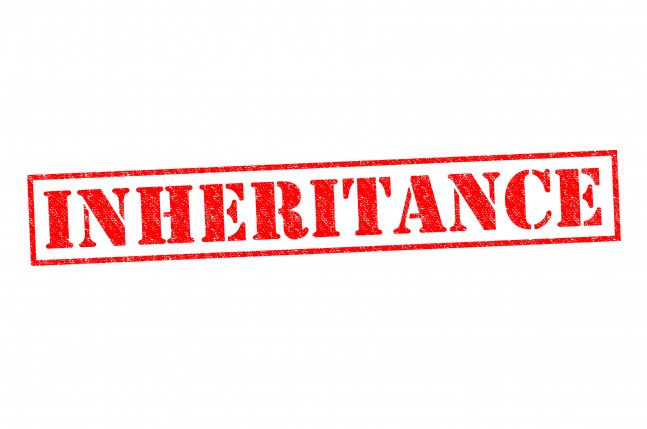
Contesting a Will can often occur when it comes time to go over the Will of a deceased person. This involves a claim being made under the Inheritance (Family Provision) Act, 1972 (known as an Inheritance Claim) on the basis that the Will maker failed to provide for a family member in their Will where they had a moral obligation to do so. For this reason, we are often asked how to stop someone contesting a Will in Australia.
Overview:
- Common misconceptions around contesting a Will (SA)
- Understanding how to stop someone contesting a Will in Australia
- What family provision claims are worth pursuing?
Common misconception
There is a common misconception that all grounds for contesting a Will (SA) are eliminated if you include reasons as to why you do not want a particular family member to inherit from you.
However, putting reasons for not leaving a gift will only negate an argument that the Will maker simply forgot about the potential beneficiary. In addition, it can also have the unwanted consequence of an argument that the reasons were incorrect or unfounded. So, ‘how to stop someone contesting a Will in Australia’ becomes a topic of interest.
How to stop someone contesting a Will in Australia
The short answer is, you cannot take away a person’s statutory right to make an Inheritance Claim. What you can do however, is control what is in your estate when you die. Put simply, if there is nothing to fight over, then a claim will be met with an empty purse.
Likewise, some people believe that if the deceased person leaves a small gift, say $100, then this will mean they can’t claim more. This is not the case; in fact the lines get even more blurry when discussing how to stop someone contesting a Will in Australia. If you have a family member or other eligible applicants who are entitled to make a claim (see “Who Can Make a Deceased Estate Inheritance Claim“) then even though you have left them a “fair” or “even” share of your estate, they have the right to claim more. The real question is: will they have a claim that is worth pursuing?
What family provision claims are worth pursuing?
When it comes to an adequate provision claim, there are several things to consider. Wills and estates consist of assets held in their own name at the time of their death. It is important to remember that:
- Superannuation is generally not part of a deceased estate; and
- Jointly owned assets will not form part of an estate, as they will pass to the surviving owner by the rule of survivorship.
How you deal with your superannuation and death benefits is very much dependent on your personal circumstances. Generally, if you do not want a person to benefit upon your death, this can be dealt with by making a binding death nomination with your superannuation fund. Upon your death, any amounts due will be paid directly to the beneficiaries you have nominated – rather than forming part of the estate.
Jointly owned assets are subject to the “Rule of Survivorship”. When one of the joint owners dies, the surviving joint owner(s) automatically takes ownership of the asset. Therefore, jointly owned assets never form part of an estate, at least not until the last surviving owner has died. See also “Things to Keep in Mind When Making a Will“.
For further information and legal advice on how to stop someone contesting a Will in Australia (or if you need to make a Will) please contact our experienced estate planning attorneys on 8362 6400 or send us an email at adelaide_lawyers@beger.com.au.
We also have experienced family lawyers on our team. Join our law firm mailing list to receive updates and advice on current issues.
People also asked:
Can an executor challenge a Will?
An executor can challenge a Will in their capacity as executor or beneficiary where: the deceased failed to make any or adequate provision for a spouse or family member; the will is unclear; the deceased was of unsound mind or was under undue influence when he or she made the Will.
How long after a death can a Will be contested?
A will can be contested at any time after death, provided that the estate has not been distributed and it is not more than 6 months since Probate was issued.
Can grandchildren challenge a Will?
Grandchildren can challenge a Will under the Inheritance (Family Provision) Act where they can show that the deceased failed to make any or adequate provision for them where they had a moral obligation to do so. The grandchild must be able to demonstrate the deceased had this obligation, and that they have been left without adequate provision for their proper maintenance, education or advancement in life.







